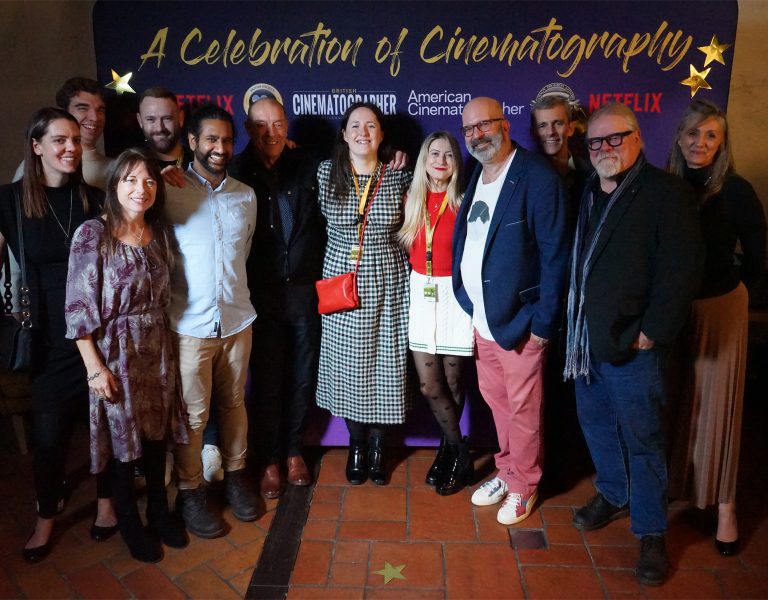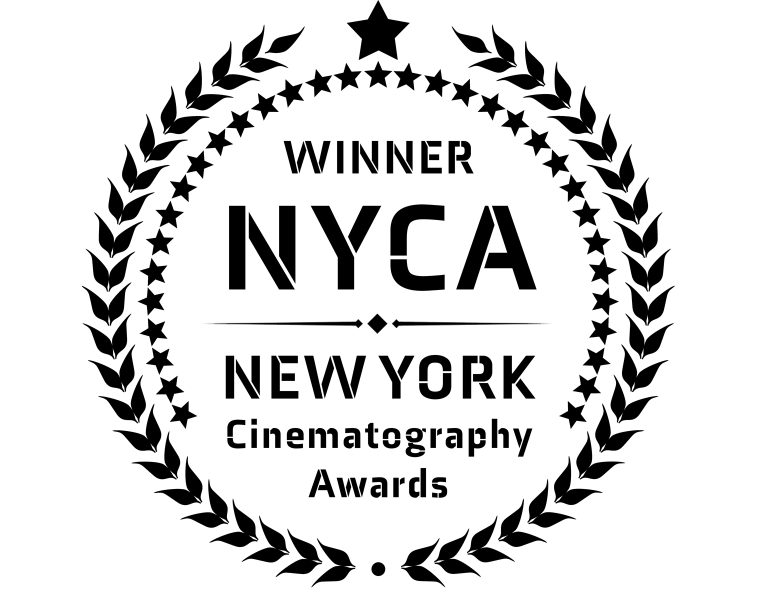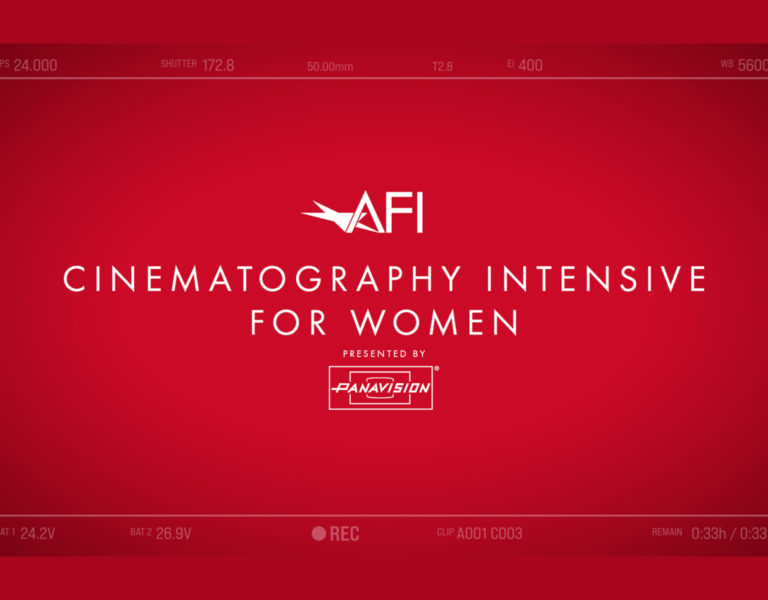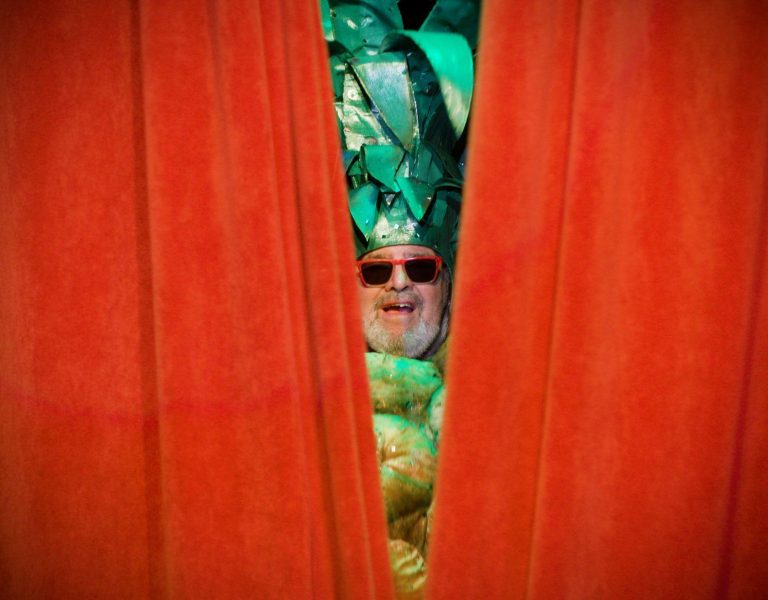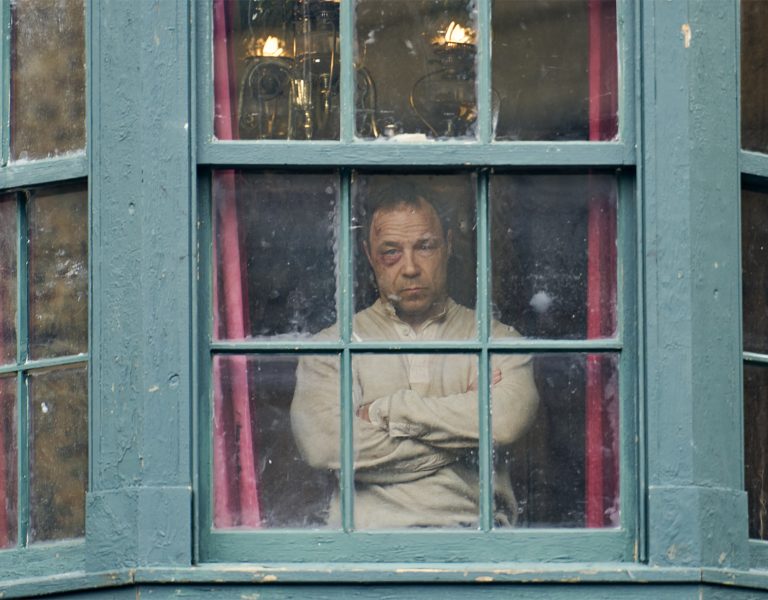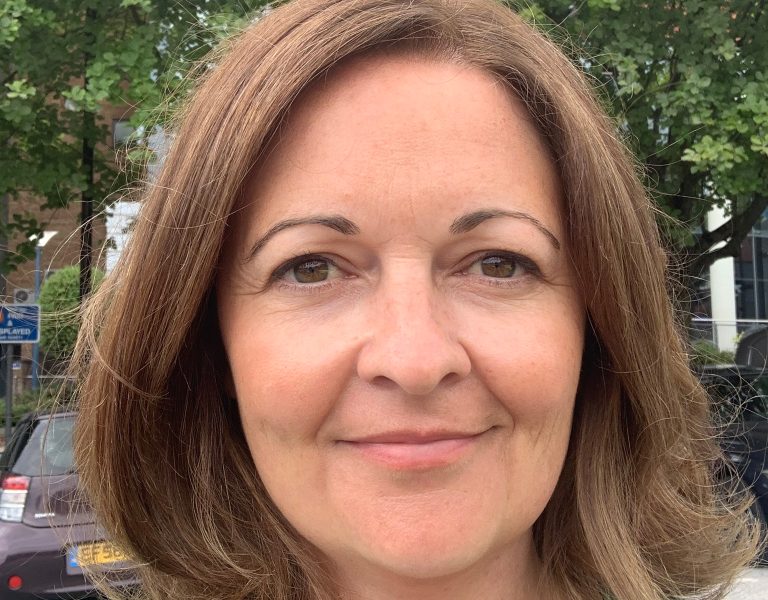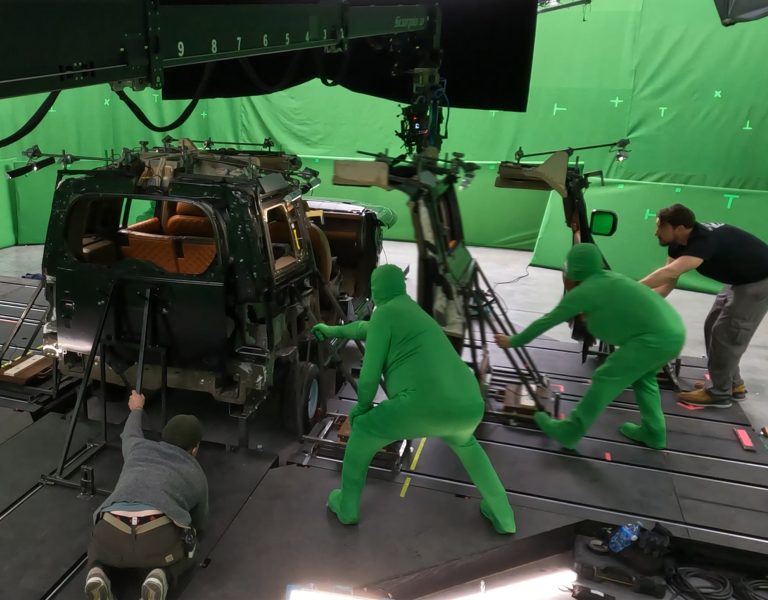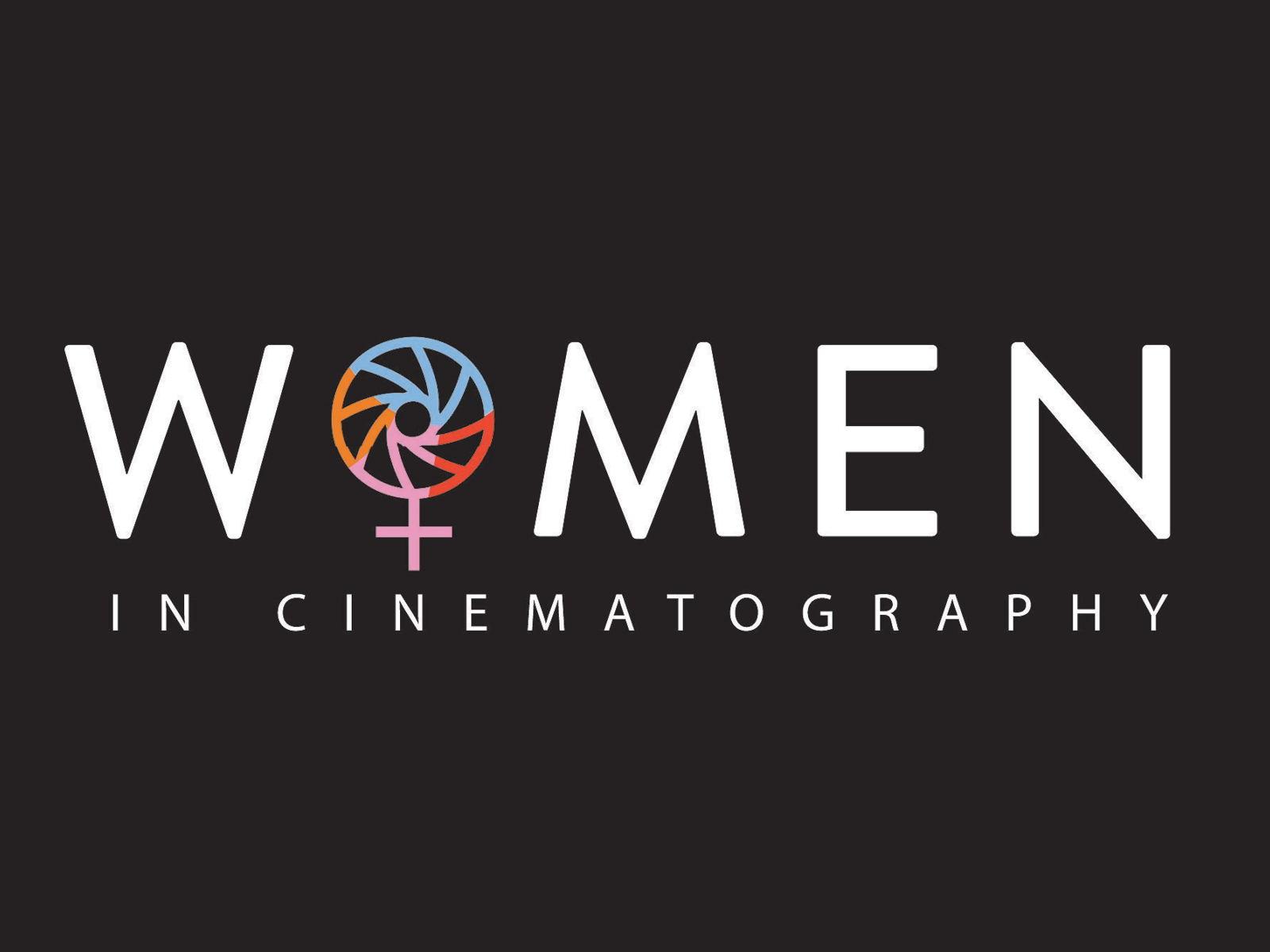
Women in Cinematography (WiC) – the group set up to call for better representation of women cinematographers through a change.org petition – have responded to Camerimage Film Festival founder, director, and CEO Marek Żydowicz, following a comment piece he wrote in a trade magazine in response to WiC’s petition.
“The film industry is undergoing rapid changes, affecting the cinematic image, its content, and aesthetics,” wrote Żydowicz in the opinion piece. “One of the most significant changes is the growing recognition of female cinematographers and directors. This evolution is crucial as it rectifies the obvious injustice present in societal development. However, it also raises a question: Can the pursuit of change exclude what is good? Can we sacrifice works and artists with outstanding artistic achievements solely to make room for mediocre film production?”
Żydowicz’s view has been criticised for perpetuating gender bias by implying that increasing female representation in cinematography compromises artistic quality.
In an open letter from the British Society of Cinematographers (BSC), the society responded with: “We are disheartened and angered by your profoundly misogynistic comments and aggressive tone, which we view as symptomatic of a deep-rooted prejudice.”
Other societies such as the American Society of Cinematographers (ASC), the Association of Brazilian Cinematographers (ABC), Society of Camera Operators, and Canadian Society of Cinematographers (CSC) have echoed the BSC’s reaction to the comment piece.
In Żydowicz’s response to the BSC he says his article was misinterpreted and that “If these accusations were indeed true, this festival would simply no longer exist. Respect for others has always been my priority, and it remains one for our festival as well.”
He then published an apology following the reaction to the opinion piece. In the statement he says, “It was never my intention to undermine the achievements of any filmmakers, whose work I deeply appreciate and respect. Whether this misunderstanding stemmed from an unfortunate choice of words or inaccurate translation from Polish is irrelevant.
“I apologize for this misunderstanding. I assure you that we will prevent this kind of ambiguity from occurring in our communications in the future.”
Żydowicz said he “created the festival to recognize excluded filmmakers, to bring attention to those undervalued and marginalized within our industry. We actively support and will continue to support women in their efforts to achieve the recognition and standing they deserve in the film world.
“I hear and support the many voices calling for progress. Rest assured that I will continue listening and remain open to discussions initiated by the filmmaking community. I believe there is a path forward, and I am committed to engage in dialogue grounded in mutual respect.”
Women in Cinematography respond
The goal of Women in Cinematography’s petition – which you can sign here to join them in advocating for sustained efforts to enhance gender diversity – is to promote diversity, inclusion, transparency, equal opportunities and more female representation at Camerimage Film Festival. They set out to increase the presence of women in the selection process, juries, workshops, and panels in order to encourage more women to submit their films to the festival. As they state on the petition site, this is crucial for fostering long-term change at the event.
In reply to Żydowicz’s comment piece and subsequent response to the BSC, WiC have shared a statement. “Camerimage’s historical exclusion of all but a few women is the very reason that Women in Cinematography – a collective of filmmakers from across the globe – was formed earlier this year,” they write.
The letter goes on to highlight “repeated failed attempts by several organisations to persuade Camerimage to implement broader inclusion initiatives beyond the occasional diversity panel.” The response highlights that “In May this year, the festival reached out to Women Behind the Camera in the UK to help them with a one-off event to celebrate ‘The Year of Brave Women’. They resisted WBTC’s suggestion to curate a number of events across the week featuring female filmmakers and despite WBTC sending over 30 proposals to the festival in early June, they received no response or commitment.”
“Mr Żydowicz may believe that he doesn’t have a blind spot when it comes to minority representation but please take a moment to reflect on the events of the last few days. As a major player on the international stage, Mr Zydowicz’s words wield great influence and Camerimage has a responsibility to celebrate filmmakers from all walks of life and those who historically have not received the support needed to amplify their talents and achievements. Diversity and inclusion are essential to innovation and progress in any sector, and the art of cinema is no exception,” the statement continues.
WiC also shared a graph highlighting the number of female and male cinematographers in the Camerimage Golden Frog Main Competition between 1993 and 2024…

WiC concluded the response with: “Camerimage has always been, and continues to be, a unique and invaluable festival for all of us; shaping, supporting, and educating cinematographers in countless ways. That’s why we deeply care about its evsolution to reflect the highest standards of the film industry, including inclusivity and social responsibility. We hope that this year’s initiatives will lay the groundwork for meaningful and lasting progress, and have faith that Camerimage will commit to these principles.”
You can read the complete response from WiC here.
